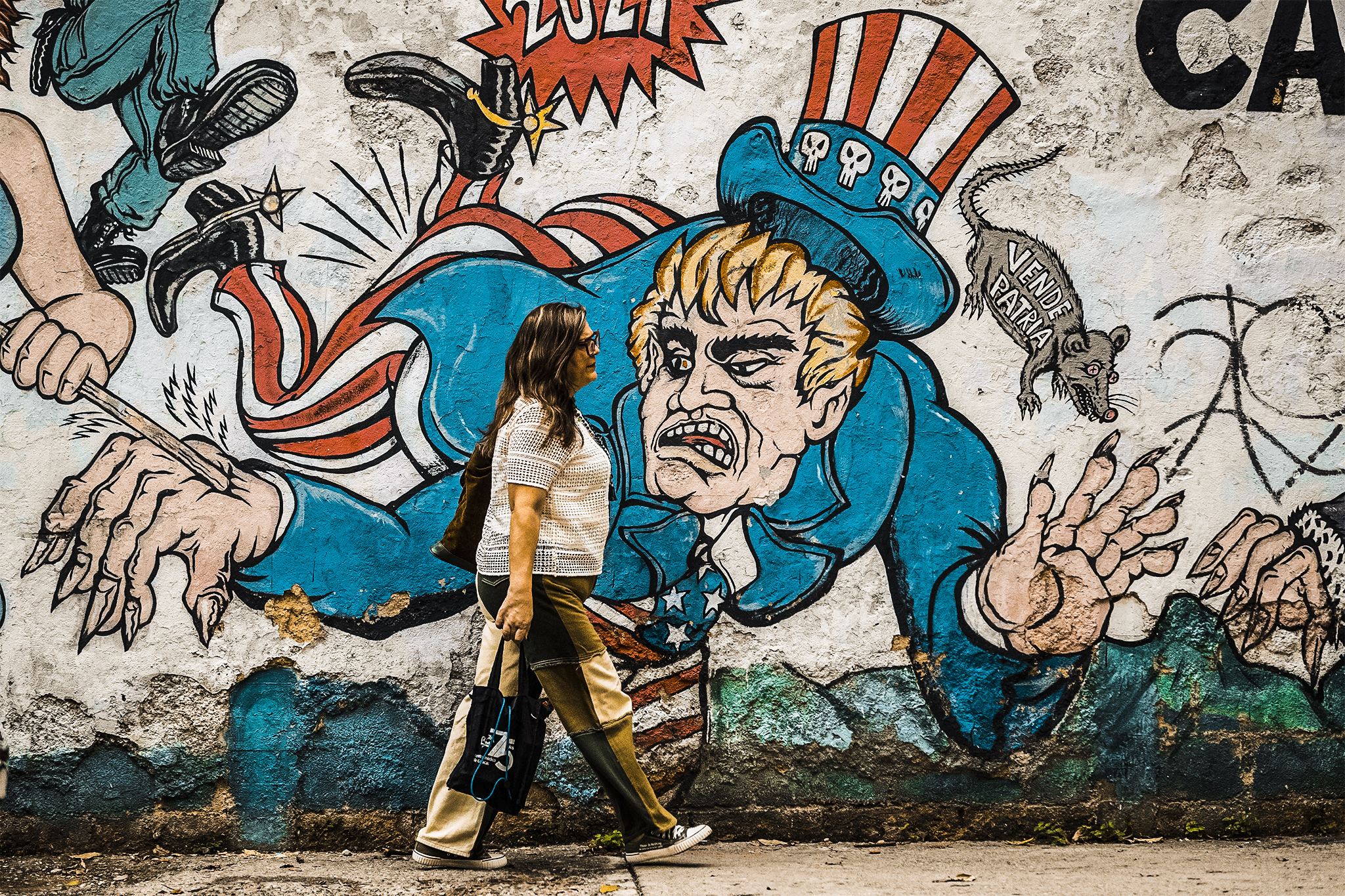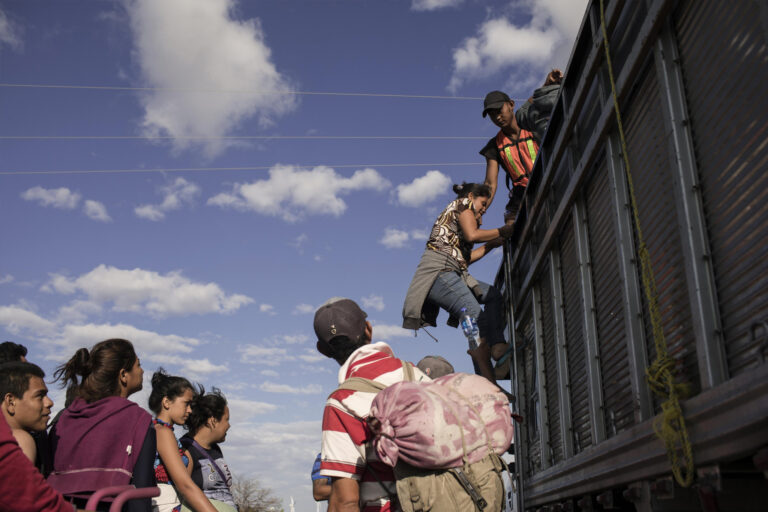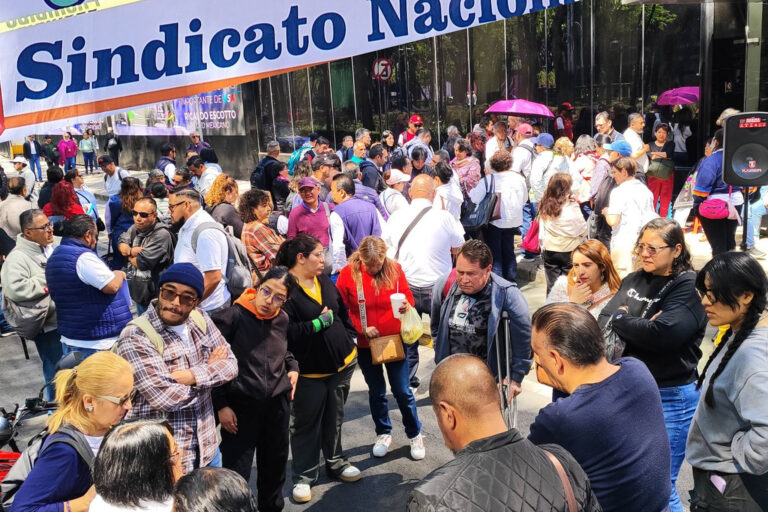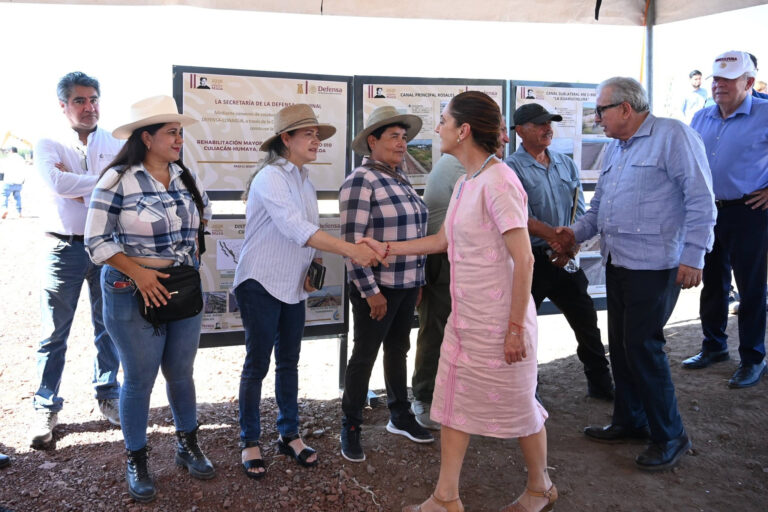Interventionism & Latin American Unity
This editorial originally appeared in the August 11, 2025 edition of La Jornada, Mexico’s premier left wing daily newspaper. The views expressed in this article are the author’s own and do not necessarily reflect those of the Mexico Solidarity Project.
Last Thursday, the 7th, US Attorney General Pam Bondi accused Venezuelan President Nicolás Maduro, without evidence, of collaborating with groups such as the Tren de Aragua and the Sinaloa cartel, and announced that the White House had increased the reward to $50 million (more than 900 million pesos) for information leading to the arrest of the Bolivarian leader. The following day, The New York Times revealed that Donald Trump secretly instructed the Pentagon to begin using military force against the eight drug cartels his administration classified as terrorist organizations in February of this year, including the two that Maduro allegedly aids. It should be remembered that U.S. law empowers the president to use armed forces against any person or institution he arbitrarily accuses of terrorism, without requesting authorization from Congress and without criminal or administrative liability for civilian deaths and property damage caused during his military aggression.
Given Washington’s history of attempts to overthrow the Venezuelan government and install a puppet regime in Caracas, it would be naive to think these events are unrelated. With a full understanding of Trump’s interventionist intentions, Colombian President Gustavo Petro denounced any military operation without the approval of our sister countries as an aggression against Latin America and the Caribbean, as well as a fundamental contradiction to our principle of liberty. He recalled the call of the liberator Simón Bolívar, “Liberty or death!” Petro also reaffirmed the brotherhood between Colombia and Venezuela, which he considered to be the same people, the same flag, the same history, while also reaffirming his solidarity with the Bolivarian Republic.
The first left-leaning chief executive in Colombia’s history is right to denounce the interventionist motivations behind the attacks against Maduro. He is equally correct when he claims that the destruction of the Venezuelan economy, orchestrated from Washington and backed by the European Union and the Latin American far right, benefits the criminal groups it aims to combat, leaving millions of people with no alternative but a career in crime while depriving the state of urgent resources to meet the needs of its inhabitants and combat the powerful cartels.
It would also be dangerously optimistic to believe that Trumpism’s imperialist ambitions are limited to the efforts of the White House tenants of the last quarter-century to put an end to Chavismo with the ultimate goal of seizing the planet’s most abundant oil reserves. On the contrary, it is clear that the designation of the cartels as terrorist organizations and the directives to undertake military operations against them are a threat to any country that defends its sovereignty against US interference in particular and Western interference in general. Therefore, Latin American and Caribbean unity is revealed as an imperative for mutual protection and the rejection of Washington’s stubborn insistence in ruling the destinies of the region.
-
Let’s Talk About Migration: Trumpist Persection
Millions of women who have endured unspeakable violence on their migration journey are now being persecuted in the United States by an extremely xenophobic and misogynistic government, led by Donald Trump,
-
Culture | Labor | News Briefs
Workers Occupy Culture Secretariat, Demand 13% Wage Increase
2,000 workers have been receiving incomes below Mexico’s minimum wage for over two years.
-
People’s Mañanera March 2
President Sheinbaum’s daily press conference, with comments on electoral reform, the gradual move to a 40 hour workweek, employment, national security strategy, and once again, the call for peace.




